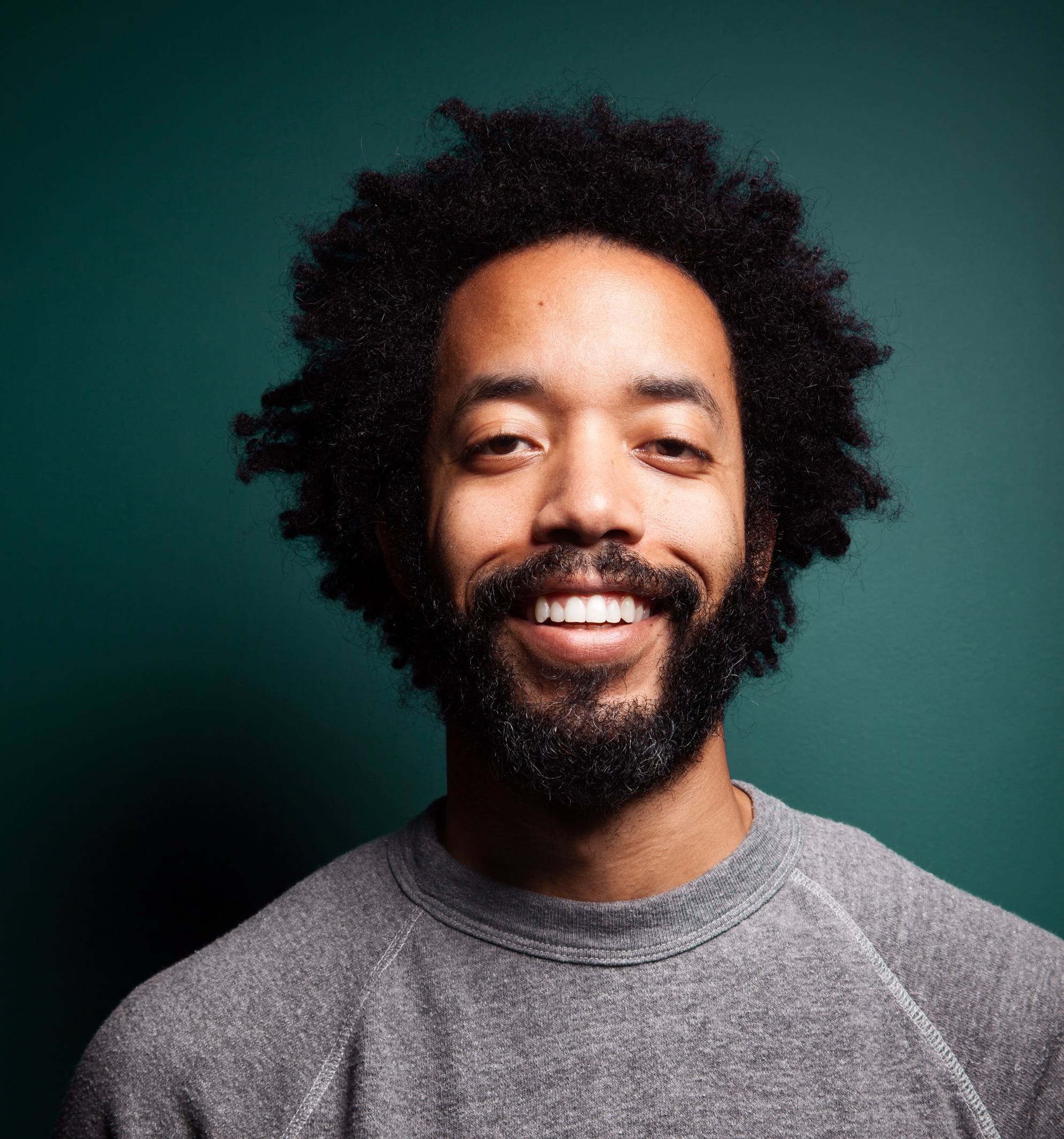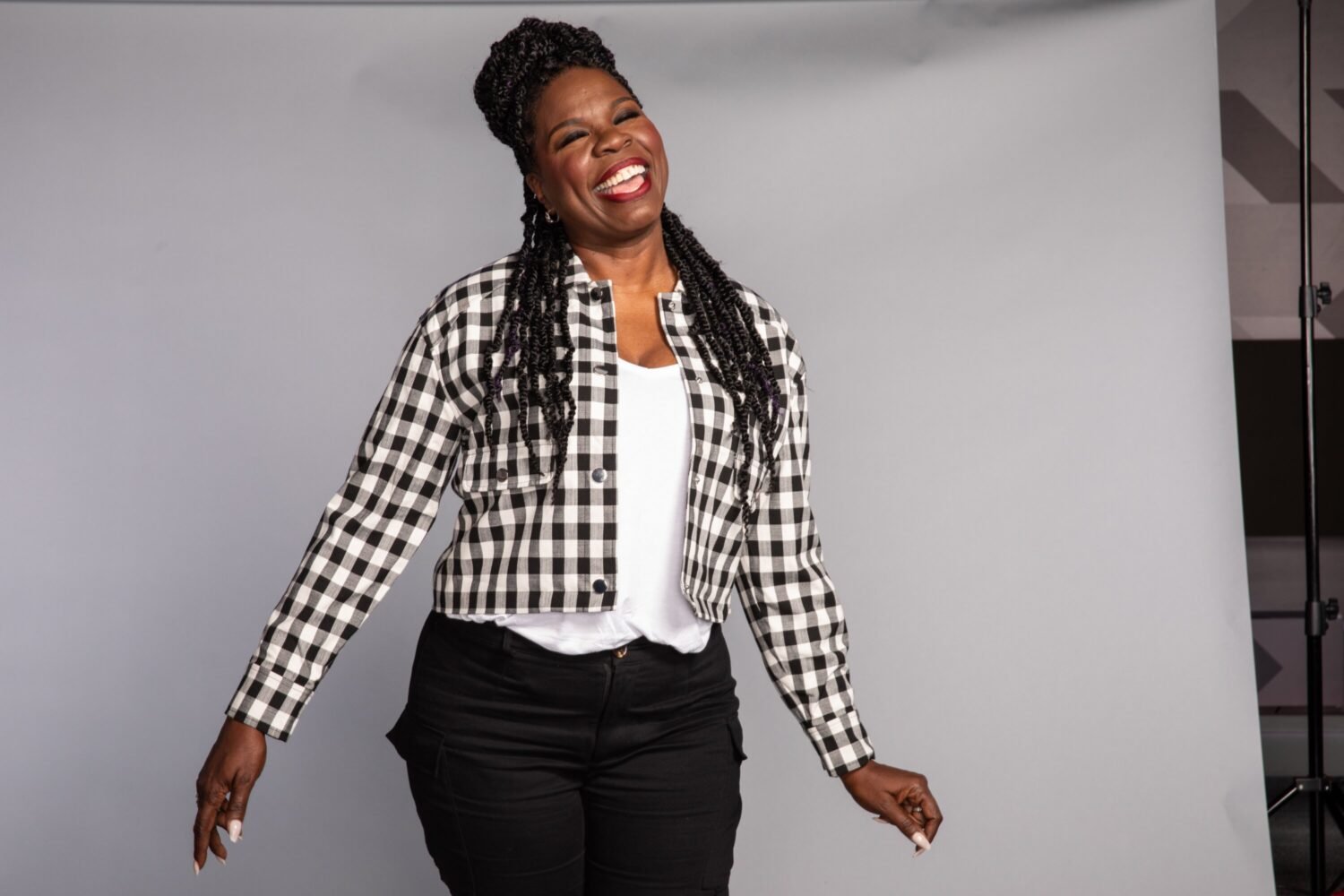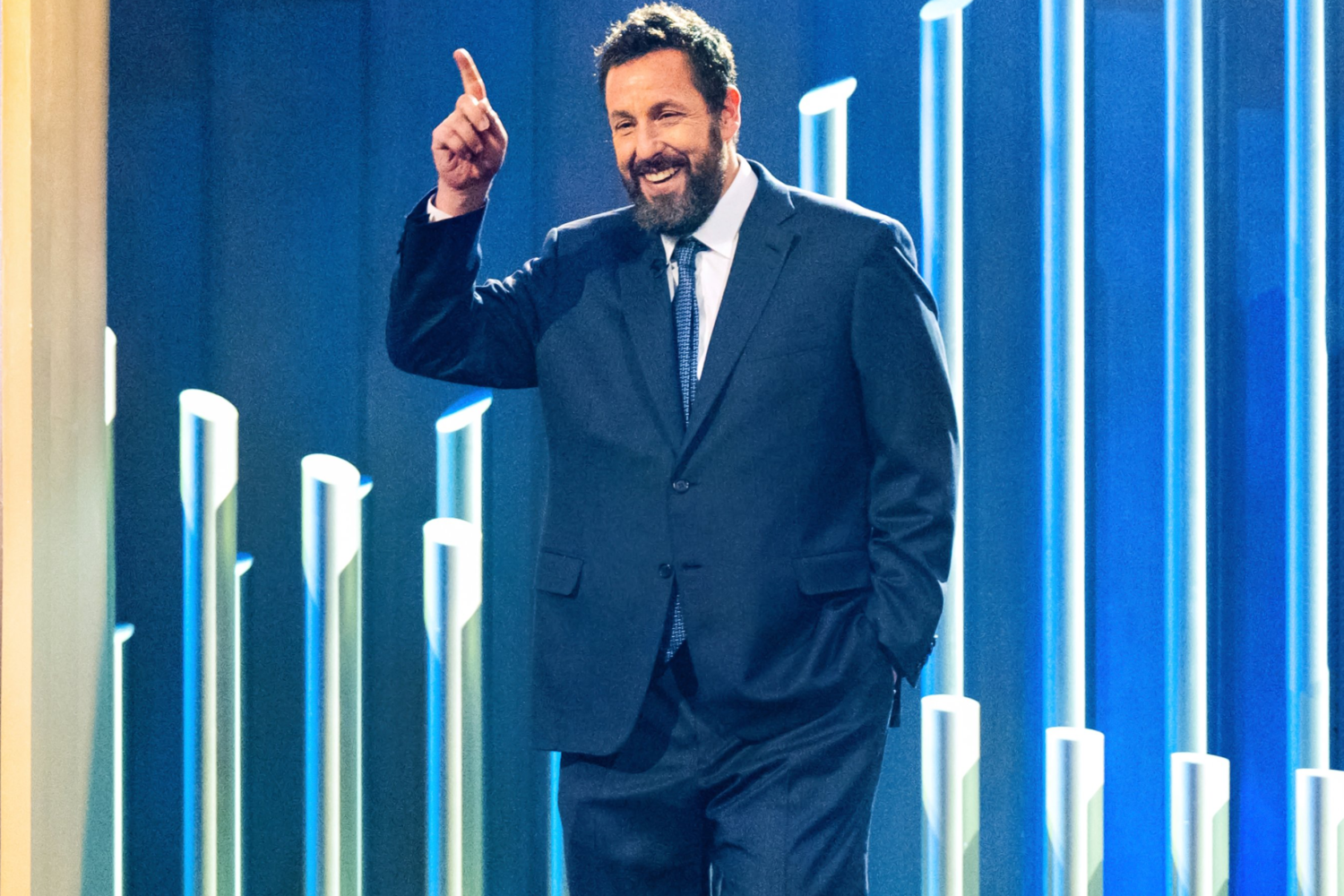Not that many comedians today can say they have a puppet version of themselves. Wyatt Cenac is a member of that rare and envied class. The Dallas-raised funnyman is best known for his stint as a writer and correspondent on The Daily Show, where the aforementioned Puppet Cenac came into being, but his low-key standup is equally hilarious: His 2011 special, Wyatt Cenac: Comedy Person, explored the peculiar minutiae of modern life such as why you should never accept a friend’s invitation to Medieval Times and the fact that cat videos are more popular on YouTube than messages from the President. He also had a stint on Netflix’s excellent animated series Bojack Horseman as the voice of Wayne, a BuzzFeed writer with a secret agenda.
Cenac visited Washington earlier this month to perform in BYT’s Bentzen Ball, and returns November 23 for a show at Black Cat in support of his second standup special (also featuring puppets). Wyatt Cenac: Brooklyn, Cenac’s directorial debut, is now available on Netflix and as a limited-run vinyl album; we chatted with the 38-year-old about the “more personal” sophomore effort, why he likes Washington audiences, and the nefarious appeal of Shake Shack.
You were in DC recently for the Bentzen Ball—how did it go?
It was fun. I felt bad because I got into DC like an hour before my show and I left right after, so I didn’t really spend any time in the city. I took a 3 PM train down and went straight to the 9:30 Club, did the show, and got on the train to head back. I ate Shake Shack in Union Station because the lines in New York are too long.
I guess going to Shake Shack is at least sort of a DC experience.
Shake Shack is great; I don’t get it that often, but I think if I was a person that did that New York to DC commute, I would be tempted every time. I would get logy and fat from all the fries.
As someone who covered politics a lot on The Daily Show, do you feel like you have any kind of special connection to Washington?
I always enjoy DC crowds because there is an awareness of what’s going on in the world, in part because many of the audience members are working for people who are influencing what’s going on in the world. There’s something kind of nice about that. I imagine there’s also a bit of catharsis for those people to get to be in a room and laugh at the stuff they see closer than the rest of us do.
There’s currently a big appetite for satire, but on the other hand places like Facebook have started identifying articles as satire because so many people weren’t picking up on it.
I don’t spend much time on Facebook, but I read something about that. It kind of reminds me of how in magazines, they have the special advertising sections where it’s always a giant three-page ad, but they doll it up to look like actual journalism. On some level that’s a satire of its own, because it’s trying to fool you into thinking boner pills are that important. It’s a matter of healthy living and good exercise—that’s what Sting always said.
Does knowing that people might not understand that something is satire affect how you approach comedy? Or is it the audience’s responsibility to figure it out?
I think it depends on the place where you’re doing it, and on that particular audience. If you say something in a show and it feels like audience doesn’t get it, you kinda know right away and you have to decide in that moment whether to double-back and explain it or just keep going. That’s kind of the joy of doing this stuff: You do something and you hope to find something that audience will relate to and find funny and be amused by, and if they don’t, you take it back into the garage and tinker with it and hopefully fix it up, and then you take it back out and try again.
It seems like noawadays some people have made a habit out of being outraged over social media. Do you think there are more subjects that are off-limits now in terms of what you can joke about?
I think people have always been outraged; now it’s just that they are able to find one another online, and if you can get enough outraged townspeople with pitchforks and torches, you can potentially get the subject of your outrage to respond to you.
In the past, there were people saying and doing offensive things, and you never knew. The only side of it you ever saw was if they said something that was outrageous, and an audience laughed, meaning it worked. I may think something is off-limits and another comedian may not, so if that other comedian gets a laugh, then they are right—it works. I’m right, too, in that if it’s something I’m uncomfortable with, I may choose not to put it in front of my audience. It’s that knowledge that we live in a world where everything can be both funny and un-funny at the same time—it just depends on who you are as both the person delivering and the person receiving it. I am not the standard-bearer—what makes me uncomfortable is not necessarily what makes the world uncomfortable—so as an audience member and a deliverer, I have to understand and reconcile that.
What can people expect from your new stand-up special?
This one to me feels a bit more personal, a bit more how I enjoy doing a show. The first special I shot was in a big theater, there were 400, 500 people there, and it was a great experience. But the most fun I have doing shows is in little cramped spaces—places like Union Hall in Brooklyn, where I shot this special. I try to create something that would give the viewer more of an experience of how I enjoy doing a show, the places that are comfortable to me, and hopefully it comes across that I seem more comfortable. It’s three years later, so it’s a similar perspective but slightly different. It’s a little more intimate.
And you also directed it?
I did. That’s part of the personal aspect of it—this was really born out of a desire to put out a special, and rather than sit around and wait for something to come together, I just went on my own and did it. In doing that, it became this sort of do-it-yourself thing: “Oh, okay, I’m making this special happen, and oh, looks like I’m putting it all out together.” It was a fun experience.
Did you always have Netflix in mind, or did you make the show first and then shop it around?
I made it first and presented it to Netflix, a guy over there named Devin Griffin. I also put out a record, and I gave him the audio of that and little of the footage from special, just so he could see that it didn’t look like it was shot on a bunch of iPhones. And he got what I wanted to do. I wasn’t sure they’d go for it, so I thought, “Maybe I can take it some other place,” but Devon got it, and we made it happen.
Do you think you’ll get to spend any time in DC after your show in November?
This time, I hope to hang out a little bit. I have some friends in DC, so I’d like to catch up with them, go grab a meal someplace. I can’t remember if I have to go somewhere else after—I think I might have a couple days off, and if so, hopefully I can hang out. I enjoy going to DC; everyone’s always very nice to me there. I heard the folks who went to Bentzen Ball got to take Segway tours, and some of them even went bowling at the White House, so I’m a little bummed out I missed all that.
I didn’t know people really bowled at the White House.
I guess you gotta know the right people! There’s a two-lane bowling in the White House, so maybe I will celebrate the tour by throwing a few gutter balls in the White House bowling alley. Assuming I can get into the bowling alley—I’m guessing security is a little tighter than it was before, so it might not be that easy.
Wyatt Cenac performs at Black Cat Sunday, November 23, at 7 PM. Tickets ($20) are available online.
















